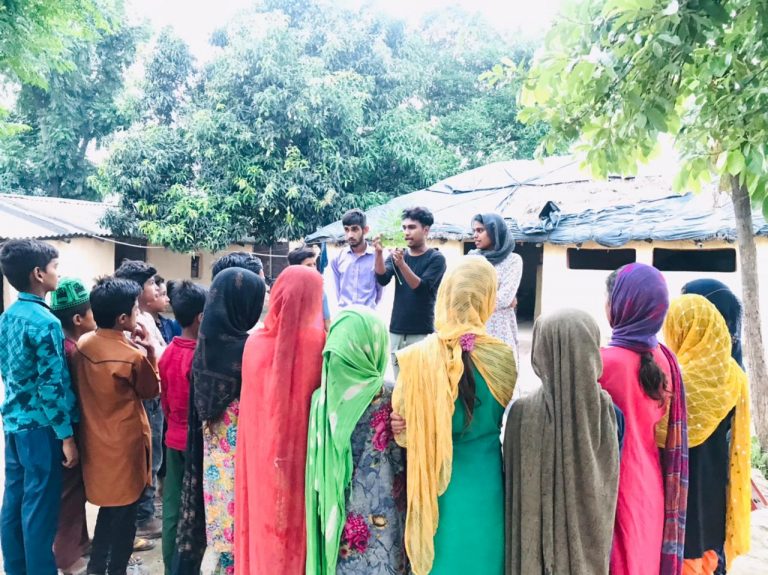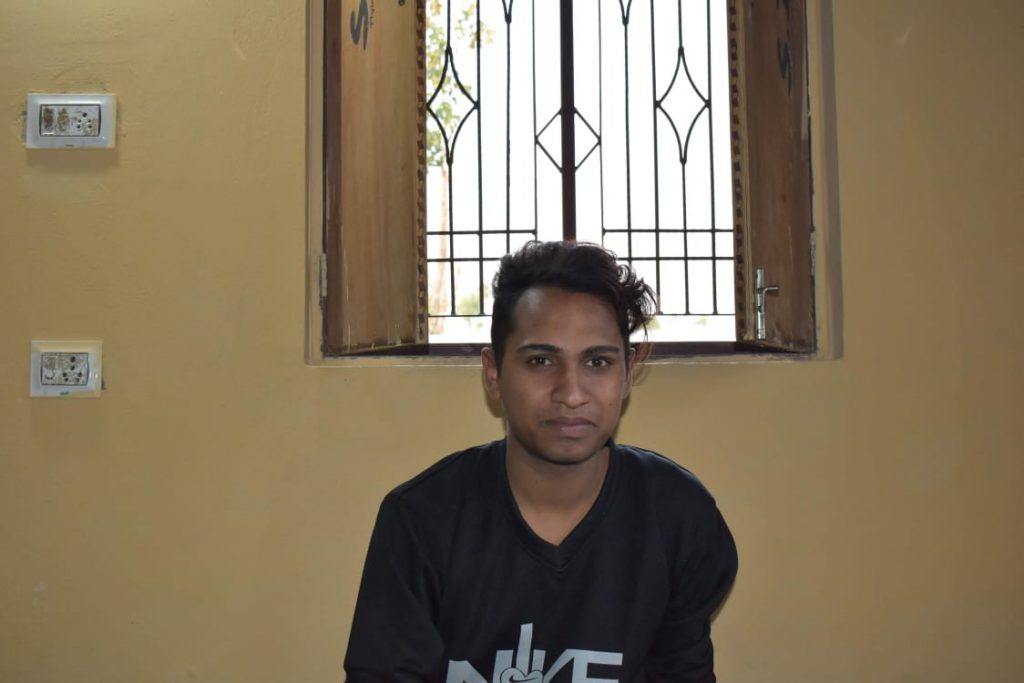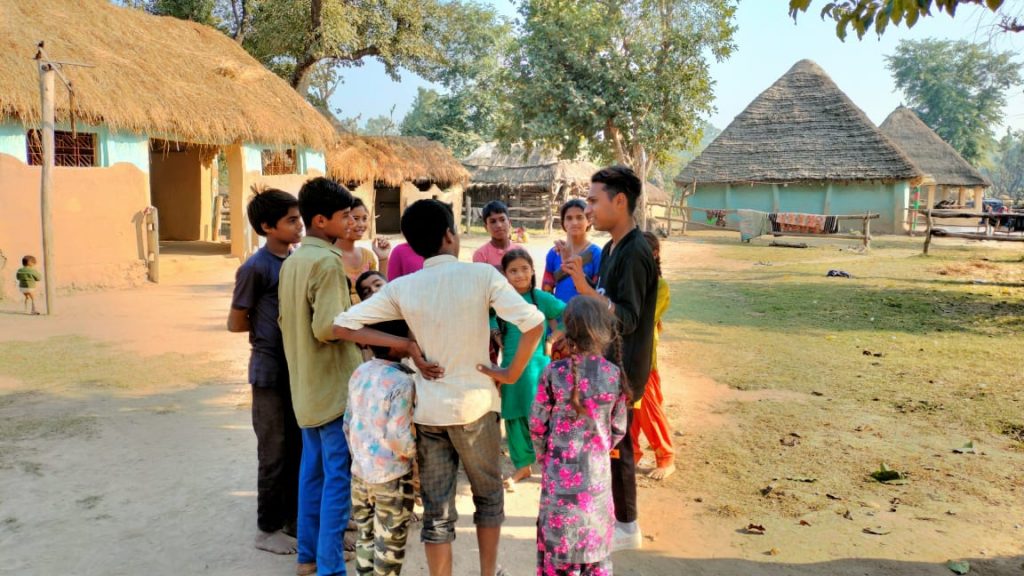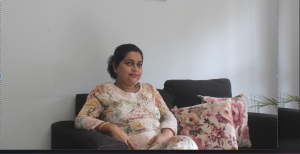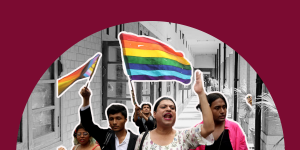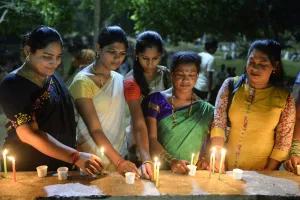[Readmelater]
How Tina, A Van Gujjar Trans Woman, Navigates Many Marginal Identities

Tina talks about her coming out journey as a trans woman in one of India's marginalised tribal communities, Van Gujjar. All photos by Jyoti Thakur
Support BehanBox
We believe everyone deserves equal access to accurate news. Support from our readers enables us to keep our journalism open and free for everyone, all over the world.
